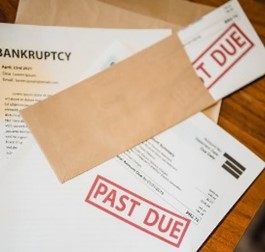As increasing interest rates have bitten and with industry sectors such as retail and construction not performing as strongly, some businesses are struggling. As the end of the financial year approaches, now is a good time to assess whether any of your accounts receivable need to be written off as ‘bad’. This is because, in order to claim a tax deduction, a bad debt needs to be physically written off as bad within the income year.
Whether an amount is “bad” was discussed by Inland Revenue in Public Ruling BR Pub 18/07. The factors to be considered include:
- the time period the debt has been outstanding;
- steps taken by the lender to recover/collect the debt;
- knowledge of the debtor’s financial position;
- status of the debtor, e.g. deceased, unreachable, or in receivership or liquidation; and
- when the debt will become statute barred.
Inland Revenue noted that it is not necessary for a debtor to be insolvent or that legal proceedings be commenced to recover a debt, in order for it to be ‘bad’.
Evidence of what recovery action has been taken and why the debt is considered bad should be held in the event of review by Inland Revenue.
If GST has been paid on a sale that has subsequently been written off as bad, the GST paid on the sale should also be recoverable from Inland Revenue.
Paying tax on a sale for which you will not be paid is like pouring salt into a wound, and to be avoided where possible.


